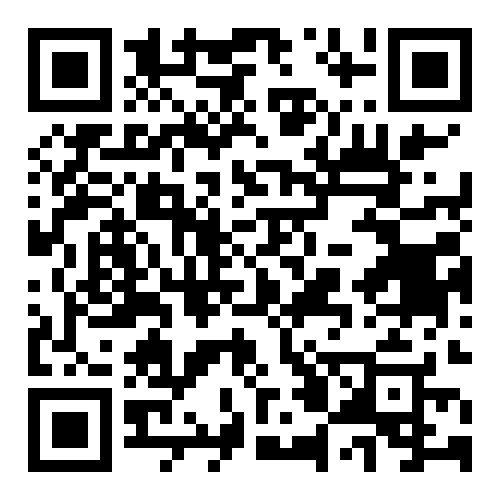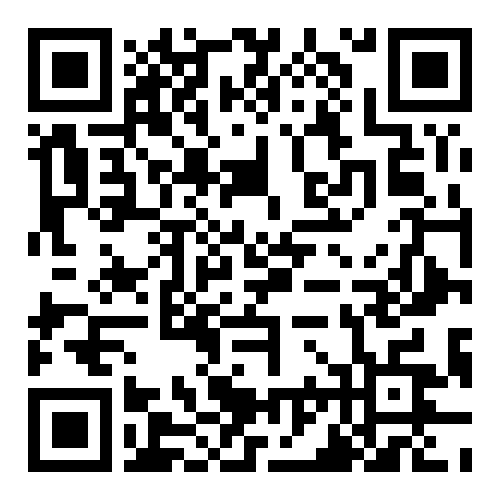Possible UPSC Questions
Prelims
- Operation “Rising Lion”, reported in June 2025, refers to:
A) an Iranian missile test B) an Israeli campaign against Iran’s nuclear assets
C) a UN peacekeeping drill D) a joint U.S.–Saudi exercise - The 2010 Stuxnet incident is widely regarded as the first known case of:
A) kinetic space warfare B) industrial-control cyber-sabotage
C) drone-swarm attack D) maritime blockade
Mains
“Trace the evolution of Israel–Iran hostility since 1979, highlighting turning-points that culminated in Operation Rising Lion (2025). Evaluate its implications for West Asian stability and India’s energy security.”
Quick Outline of Key Facts
- Target set: Iran’s enrichment sites, missile bases, and senior leadership; deaths reported of IRGC Commander Hossein Salami and two nuclear scientists.
- Israeli stance: PM Netanyahu calls it an open-ended campaign to eliminate an “existential threat.”
- Iran’s reaction: Vows new hardened enrichment facility and “other measures,” warns of retaliation.
- IAEA context: 19-3 Board vote (June 2025) finds Iran in non-compliance with NPT safeguards; many Arab states abstain rather than support Tehran.
- US position: Distances itself; MAGA movement opposes deeper U.S. involvement, yet Trump warns Iran to negotiate or face more strikes.
- Historical arc: 1979 revolution → Hezbollah proxy (1982) → Stuxnet (2010) → JCPOA exit (2018) → Iranian drone salvos on Israel (2024) → current escalation.
- Regional fault-lines: Quiet Arab support for rollback of Iran’s programme; China–Russia oppose IAEA resolution; risk of broader conflict.
Summary
Operation “Rising Lion” signals the sharpest escalation yet in Israel’s four-decade contest with Iran. In a coordinated air-and-cyber assault on 12 June 2025, Israel struck Tehran’s key enrichment plants, missile infrastructure and command nodes, killing Revolutionary Guards chief Hossein Salami and senior scientists Fereydoun Abbasi-Davani and Mohammad Mehdi Tehranchi. Declaring a national emergency, Israel pledged to continue until Iran’s nuclear programme is neutralised.
Tehran responded by announcing plans for a new underground enrichment complex and hinted at calibrated retaliation, mindful of its political isolation. At the IAEA Board days earlier, 19 of 35 members—including several Muslim-majority states—censured Iran for undeclared nuclear activities; only China, Russia and Burkina Faso voted no. Washington, wary of “endless wars” sentiment at home, praised Israel’s action yet cautioned Iran against striking U.S. forces, exposing intra-American divisions between the Trump administration and its MAGA base.
The strike caps a trajectory of mutual hostilities: proxy wars since 1982, the 2006 Lebanon conflict, cyber-sabotage at Natanz (Stuxnet, 2010), serial assassinations of Iranian scientists (2012, 2021) and Iran’s unprecedented drone-missile barrages on Israel in 2024. Whether Iran escalates broadly or seeks negotiation will determine if West Asia slips into a wider war.
Significance to the UPSC Exam
- GS II – International Relations: Illustrates shifting alliances, great-power diplomacy, proliferation politics and the role of non-state proxies.
- GS III – Security & Technology: Provides a live case study of cyber-warfare (Stuxnet), counter-proliferation strategy and missile-defence dynamics.
- GS III – Economy/Energy: Potential disruption of Persian Gulf oil lanes underscores India’s energy vulnerability and the need for strategic reserves.
Essay & Ethics: Raises questions on pre-emptive self-defence, collateral damage, and the efficacy of multilateral regimes like the NPT.




